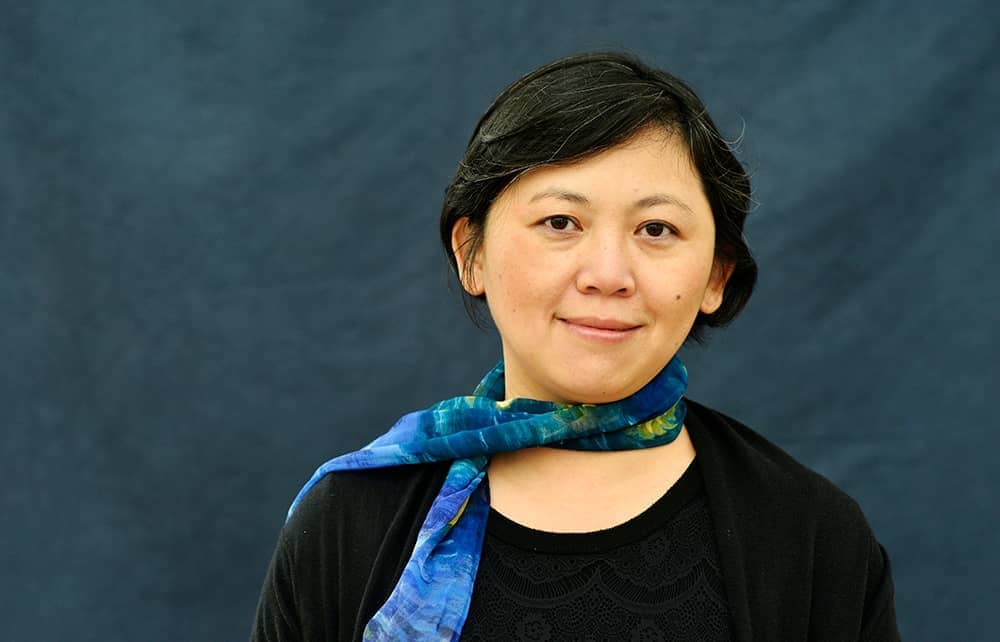As introductions go, ‘My name is Agnès, but that is not important’ does not have quite the same confidence as ‘Call me Ishmael’. But there’s a reason for this. Agnès Moreau, the narrator of Yiyun Li’s disconcerting, mesmerising fifth novel The Book of Goose, only became a storyteller by accident.
Writing from Pennsylvania, where the ‘French bride’ Agnès raises geese, she remembers post-war rural France and her childhood in Saint Rémy. She and her friend Fabienne, avoiding other girls their age, spent their days lying among gravestones and minding cows – until Fabienne decides that they should write a book together.
Fabienne’s stories are dark – dead babies, dead children, dead animals – and the girls enlist the help of the local postmaster, M. Deveaux, to publish the volume. This is where Agnès’s accidental authorship comes in: the work appears with only her name on it, and it is she who must endure the undeserved fame of child prodigy. Press attention, a sojourn at an English boarding school and the gradual disintegration of the girls’ friendship follow.
The Book of Goose begins with the revelation that Fabienne has died in childbirth – ‘the same manner as her sister’ – and Agnès spends much of the time railing against the fact that ‘half of this story is [Fabienne’s], but she is not here to tell me what I have missed’.
This conceit – a book in which one of the central characters is dead – is not new to Yiyun Li. Where Reasons End (2019) was a conversation between a mother and her son who has committed suicide, and Must I Go (2020) followed a woman as she obsessively rereads her dead lover’s diaries. But The Book of Goose is subtly different.








Comments
Join the debate for just £1 a month
Be part of the conversation with other Spectator readers by getting your first three months for £3.
UNLOCK ACCESS Just £1 a monthAlready a subscriber? Log in